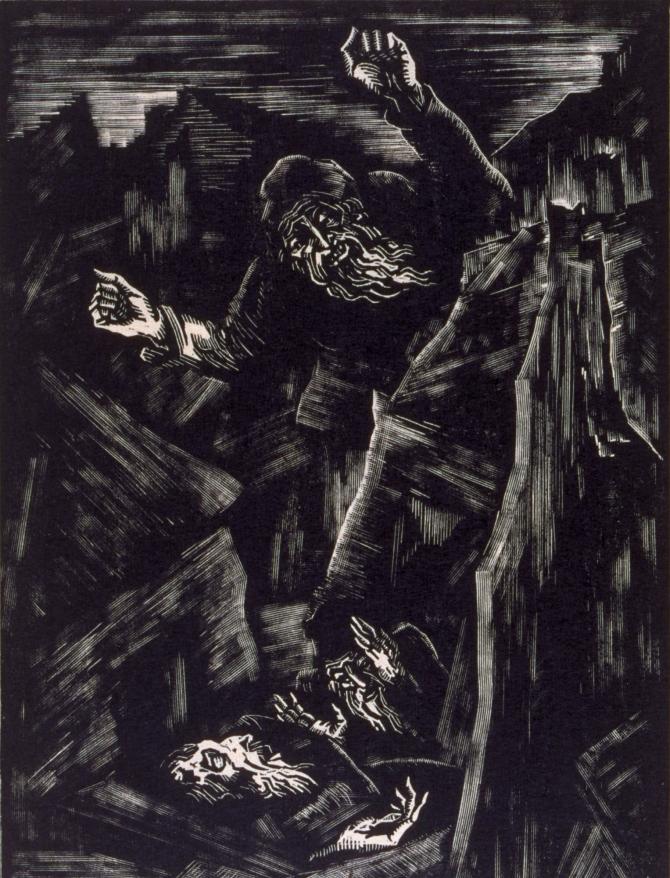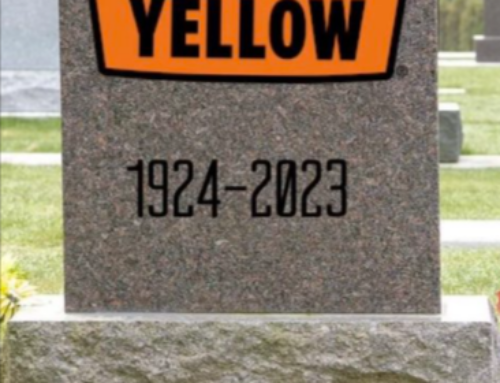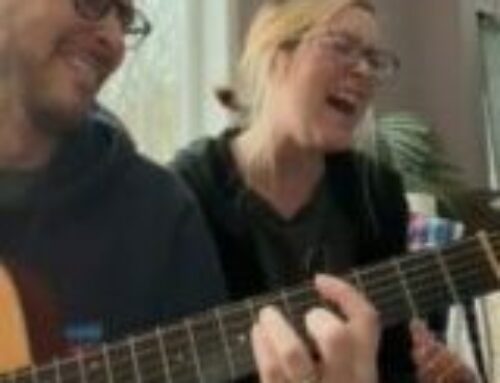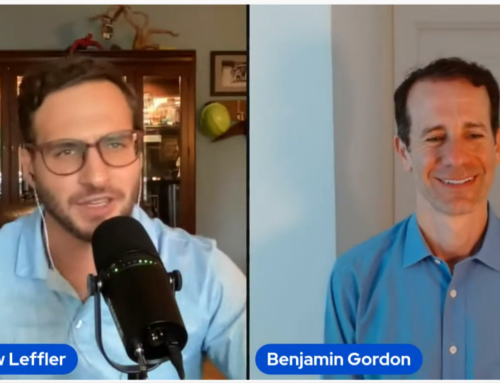Many people have asked me why Ukraine matters. What is it about Russia’s invasion that impelled me to get involved, and why should you care?
First, I believe we have a moral obligation to help the innocent people of Ukraine.
Second, having bought a logistics company with employees in Ukraine, I wanted to do everything possible to help them.
And third, it reminds me of my own ancestors.
These factors all drove me to do my part in evacuating Ukrainians, importing food and medical supplies, and streamlining supply chains.
Still, why? I’d like to share an old story, in the same land, with a twist.
The Kishinev Pogrom
In 1903, Russian Cossacks formed an angry mob. They were inspired by the Russian newspaper, which spread lies that two children had been murdered by the Jewish community to use their blood to make Passover matzah (e.g. a “blood libel”). The Russian government encouraged the mob, who went on to massacre innocent Jews in the Kishinev pogrom. They raped, murdered, and brutalized an entire population. A well-known poet, Shimon Frug, went to Kishinev, and wrote the famous poem, “Have Pity.” His poem’s refrain was elegiac: “Have pity, give shrouds for the dead and for the living – bread.” Frug was considered the “Russia’s Jewish poet,” and his works were recited at mass meetings protesting the Czar’s oppression.
Meanwhile, a young man named Chaim Nachman Bialik had other plans. He went to Odessa to interview survivors of the Kishinev pogrom. He emerged angry – not just at the Russian murderers, but also at the passive approach taken by the establishment. He raged against the meek reaction of the Jewish community. For Bialik, Shimon Frug came to embody that pacifism. So instead of asking for pity, Bialik sought to document war crimes.
Bialik wrote his epic, In the City of Slaughter. He described exactly what happened, based on his first-person interviews.
In the City of Slaughter
Here’s how he began:
“ARISE and go now to the city of slaughter;
Into its courtyard wind thy way;
There with thine own hand touch, and with the eyes of
thine head,
Behold on tree, on stone, on fence, on mural clay,
The spattered blood and dried brains of the dead.
Proceed thence to the ruins, the split walls reach,
Where wider grows the hollow, and greater grows the
breach.”
He continued in grim detail, addressing horrific crimes:
“A tale of cloven belly, feather-filled;
Of nostrils nailed, of skull-bones bashed and spilled;
Of murdered men who from the beams were hung,
And of a babe beside its mother flung,
Its mother speared, the poor chick finding rest
Upon its mother’s cold and milkless breast;
Of how a dagger halved an infant’s word,
Its ma was heard, its mama never heard.”
Bialik then turned his anger from the Russians to the Jewish men who cowered and hid:
“Crushed in their shame, they saw it all; They did not stir nor move;
They did not pluck their eyes out; they Beat not their brains against the wall! …
The matter ends; and nothing more. And all is as it was before.”
And how should we react? He rebuts Shimon Frug directly, and calls not for pity, but for rage.
“And thou, too, pity them not, nor touch their wound;
Within their cup no further measure pour…
For since they have met pain with resignation
And have made peace with shame…
They are too wretched to evoke thy scorn.
They are too lost thy pity to evoke.”
And he concludes with a call to action:
“With impotent rage, thy heart deform!
Thy tear upon the barren boulders shed!
And send thy bitter cry into the storm!”
What Bialik Means for Us Today
Bialik’s writing called for a reawakening. And he succeeded beyond all expectations. Is it any surprise that Bialik would go on to inspire thousands to cast off their pacifism, join the Russian underground, and fight the Czar? And that Bialik would have his works translated into 30 languages, have his poems set to music as popular songs, have his name set to schools and streets worldwide, and be recognized as Israel’s national poet?
I believe Bialik’s words still echo today. Let us shine a spotlight on what is actually happening in Ukraine, and inspire a reawakening!










